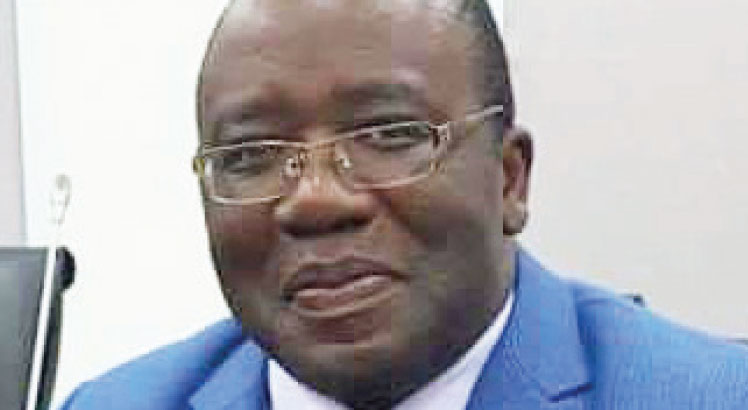To Malawi and 35 other countries, the most refreshing news and perfect New Year gift should be the indication from the International Monetary Fund (IMF) that they are eligible for debt relief.
But in the update on debt relief under the Heavily Indebted Poor Countries (Hipc) initiative, the global lender said the creditors’ participation in the initiative is voluntary, as such, the IMF and its ‘cousin’ the World Bank will continue to encourage the stakeholders to participate and to deliver their share of debt relief.
Reads the update in part: “Poor countries’ largest creditors, the World Bank, the African Development Bank, the IMF, the Inter-American Development Bank and all Paris Club countries, have provided their full share of debt relief under the Hipc initiative and beyond, but other creditors have not done so.”
To qualify for debt relief, a country must be eligible to borrow from the World Bank’s International Development Agency which provides interest-free loans and grants to the world’s poorest countries as well as from the IMF’s Poverty Reduction and Growth Trust, which provides loans to low-income countries at concessional rates. Further, a country must also face an unsustainable debt burden that cannot be addressed through traditional debt-relief mechanisms, have a track record of reform and sound policies through IMF and the World Bank.
President Lazarus Chakwera should be the happiest with the hint from the IMF as in his maiden address to the United Nations General Assembly made virtually on September 24 2020 he appealed to world leaders to cancel debts of least developed countries (LDCs), including Malawi. His justification was that the LDCs were faced with challenges requiring collective effort to surmount the problems worsened by the economic impact of the Covid-19 pandemic.
During a virtual conference on ‘Growth in a Time of Crisis: What’s Ahead for Developing Economies’ on October 15 2021, former minister of Finance Felix Mlusu, speaking on behalf of LDCs, had also reiterated the plea for debt relief. He said main barriers to economic growth include unsustainable high levels of debt.
But, at the time, I recall the World Bank Group president David Malpass cautioning low income countries, including Malawi, against continued heavy borrowing in the hope that their external loans will be forgiven, but to move towards consolidating economies with stronger focus on key priorities on poverty alleviation.
For a country which in 2006 had 90 percent or $2.6 billion of its $3 billion foreign debt written off by international lenders under the same Hipc window, it is alarming that 18 years later it has drifted towards heavy indebtedness.
Borrowing is not bad as long as it is done for meaningful investments and not mere consumption. Borrowing is considered sustainable where the borrower is able to settle the debt within the agreed period without being driven into liquidation and utter ruin. Many times borrowing is also driven by living beyond one’s means which leads to spending beyond earnings.
Fiscal discipline is critical to managing and reducing high levels of borrowing to maintain fiscal and debt sustainability. Weak governance, especially in the public finance management system, and corruption remain areas of concern for Malawi.
The expected debt relief will naturally free some fiscal space and enable the country to have more resources. But what will make a difference is whether the freed resources are allocated to productive and development sectors.
Debt relief is a welcome development. But, at the same time, it is not a solution in itself to the myriad economic challenges choking our economy. There will be need to do more upon learning the nature of the debt relief. Will it be total write-off or the creditors will choose to make it partial by way of taking off interest only and the like?
The second debt relief in under 20 years should be used as a launch pad for a turnaround in the economy to lay a solid foundation for the achievement of aspirations in the Malawi 2063, the country’s long-term development strategy, to be an inclusively wealthy and self-reliant, middle income nation.
Mistakes made after the first debt relief should be revisited and find sustainable solutions to avoid a repeat. Surely, it will be a big embarrassment to go down on our bended knees again seeking debt forgiveness few years from now.
Invest in infrastructure, especially roads network as well as railway which are critical, especially in linking key tourism destinations and agricultural areas. The missing noise and billowing smoke in Makata Industrial Area in Blantyre should once more become a common sight.
In whatever we do today, our generation should strive to avoid running the risk of mortgaging this country and its future generations to shylocks who will one day demand their pound of flesh.
The post Debt relief should mark turning point to prosperity first appeared on The Nation Online.
 Moni Malawi
Moni Malawi 
